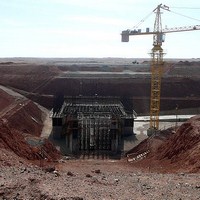
The most remarkable trait of Washington’s policy toward Egypt has been its lack of clarity. That’s part of the reason why each side in the battle over Egypt’s future blames America for supporting the other. Now President Barack Obama has to decide whether or not to continue providing more than $1.5 billion in aid annually. He will be tempted to make another hazy, ambiguous decision, one that allows him to stand on all sides of the issue. Instead, he should take the opportunity to clarify America’s position. According to some reports, the Obama administration has secretly suspended aid, which manages […]




